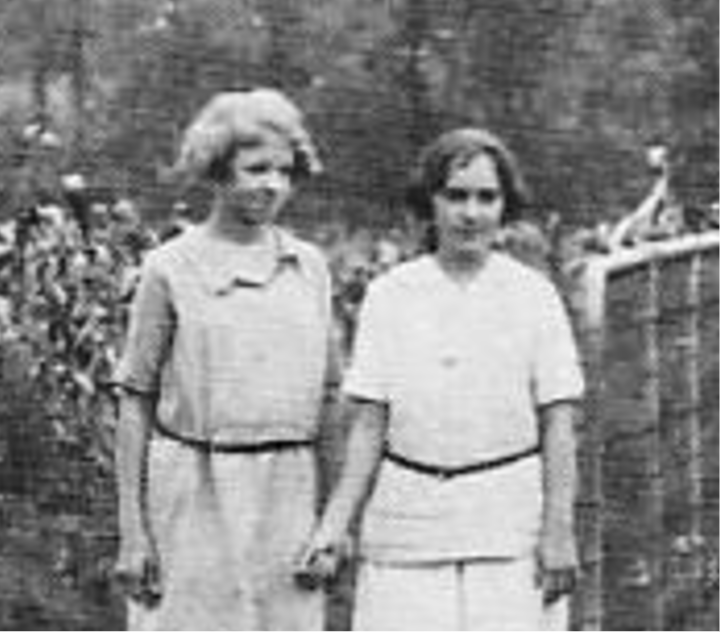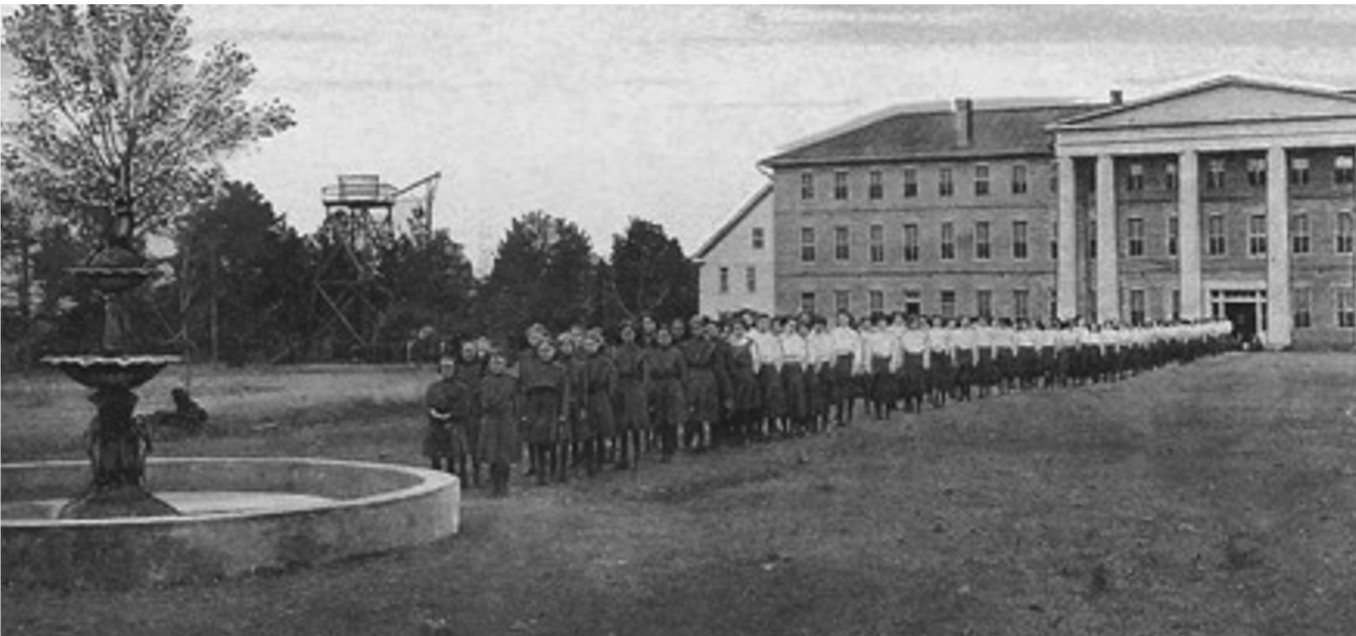Our Roots Run Deep
Through the support of the United Women in Faith, we’ve served Thomas County for 120+ years. We expanded our services to five other counties in 2007 and continue to grow our programs and service offerings to meet the unique needs of our community related to behavioral health issues for children and families. Our supporters have continued to pour their love, community service, in-kind donations and financial support for generations.
To this day, we still have raving fans because of the women and men we’ve served and those we’ve impacted and supported over the years. The stories we hear have been amazing and inspiring. Our marketing team kicked off a Vashti Stories campaign in May of 2024 to begin capturing the incredible way our organization has affected so many within our community in addition to sharing the history of how our nonprofit continues to evolve.
How Vashti Began
 The inspiration for Vashti came through Annie Heath’s encounter with a homeless girl in the streets of Thomasville in 1903. As a Methodist missionary, Miss Heath felt the call to create a home to educate girls in need. Her vision came to reality through the generosity of Mr. Walter P. Blasingame, a prominent church member, who donated his boyhood home to the new mission in memory of his beloved mother, Mrs. Vashti Blasingame.
The inspiration for Vashti came through Annie Heath’s encounter with a homeless girl in the streets of Thomasville in 1903. As a Methodist missionary, Miss Heath felt the call to create a home to educate girls in need. Her vision came to reality through the generosity of Mr. Walter P. Blasingame, a prominent church member, who donated his boyhood home to the new mission in memory of his beloved mother, Mrs. Vashti Blasingame.
The Vashti Industrial School for Girls, as it was then known, grew rapidly, and in 1907, after out growing the home, the Women’s Home Missionary Society of the Methodist Episcopal Church South purchased the property at 1815 E. Clay St., where Vashti stands today. The new school now had the use of 65 acres and the former factory building previously owned by the Cubana City Cigar Company.
Miss Heath, the school’s Superintendent, converted the massive cuban cigar factory into a spacious school and home for the girls, who’s numbers had grown to over 70 students by 1908. Vashti thrived as a girls’ school for more than 60 years. The verdant campus included a dairy farm, as well as vegetable and flower gardens. Making cane syrup became a favorite pastime for the girls.
In 1953, the grand school building was remodeled and renamed Bishop Hall in honor E. E. Bishop, one of the school’s subsequent Superintendents. To meet the changing needs of children in the local community, Vashti admitted its first male population in 1978 and became a special school and provider of residential care services for youth struggling with emotional and behavioral issues. In 2007, Vashti added a Community Behavioral Health Program to offer in-clinic and in-home community mental health services to children and their families.

Girls lined up to the looking glass pool in front of Bishop Hall.
More than a century later, the legacy of compassion continues, as we serve more than 300 children and their families throughout six counties in southwest Georgia each year, empowering them to overcome despair, find peace, hope, and belonging, and build a better quality of life, mindset and future.